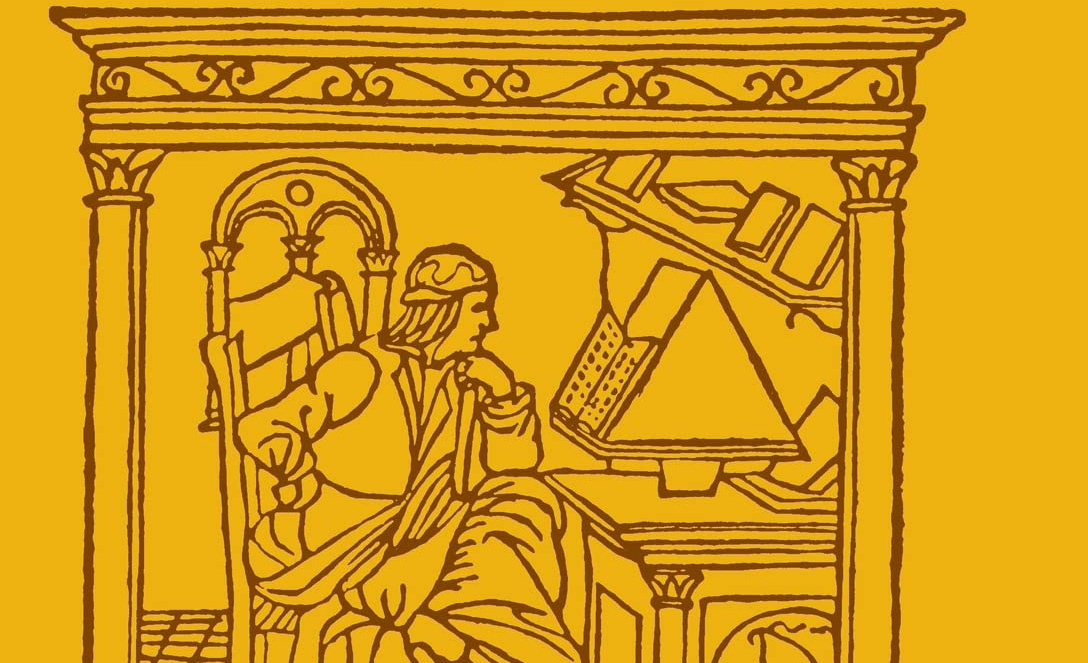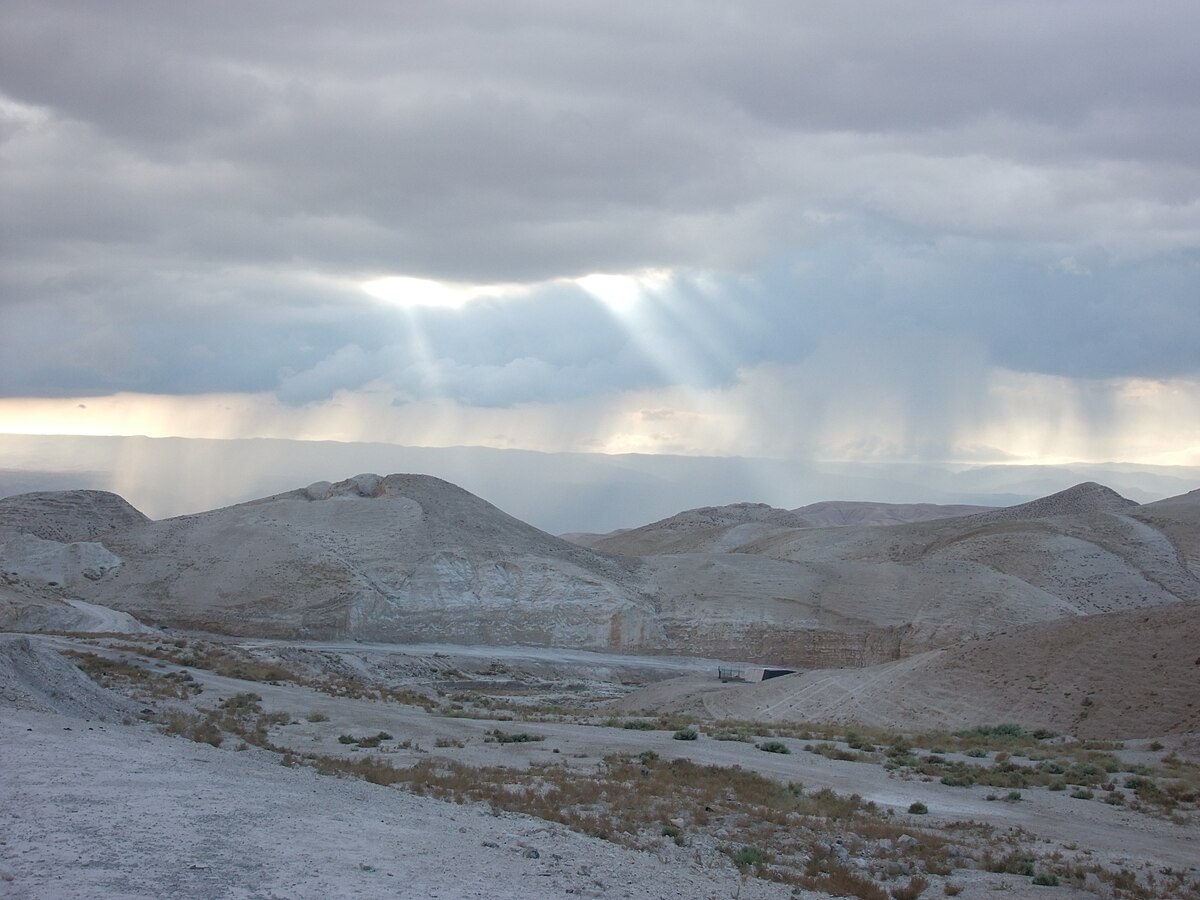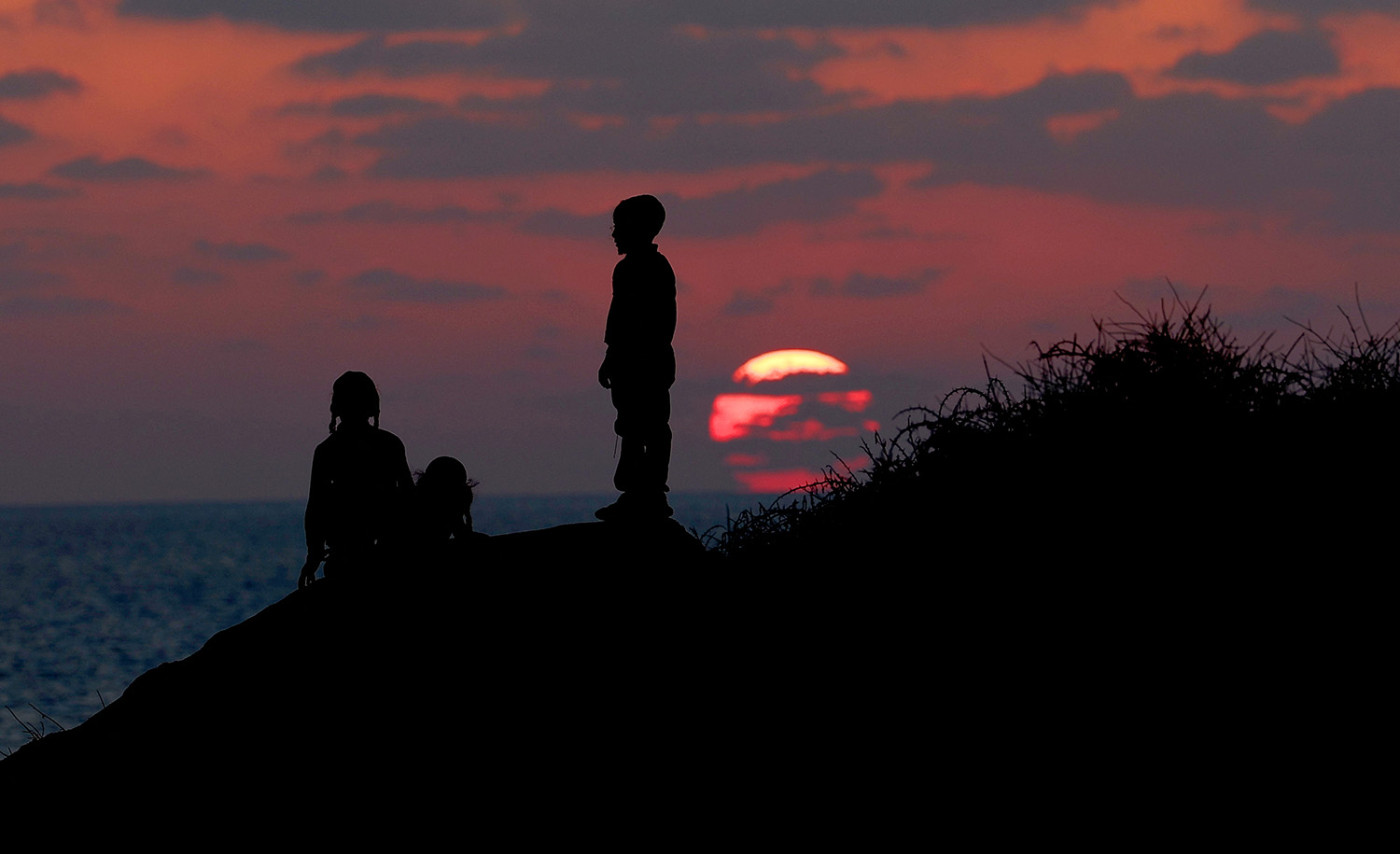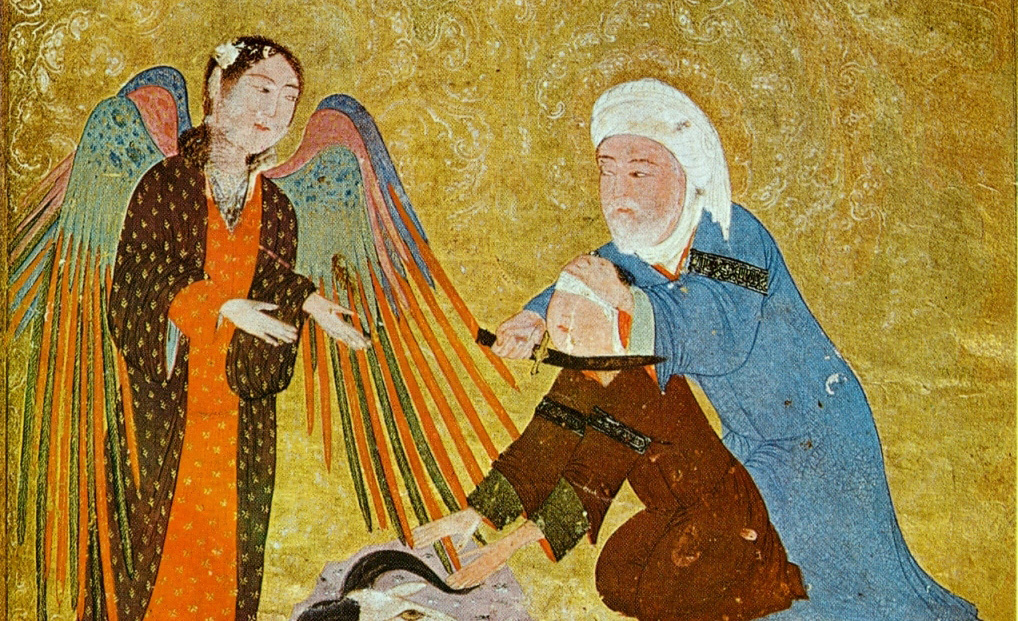Religion & Holidays
The well-known rabbi looks at the link between freedom and monotheism in the the text accompanying the seder service.
The truth of the tale of Hillel and the “Hillel sandwich.”
Technologies have radically changed religions in the past. But that doesn’t mean they’ll do so this time.
Jews can help the wider world fight the excesses of artificial intelligence, but in order to do so they need to learn how to speak about such matters in a language non-Jews understand.
Books of the Hebrew Bible are always written in Hebrew—except for this one.
As evidenced by the case of a sinful Hebrew pun.
As advanced computing allows food to be created in radically new ways, standard kosher categories will become increasingly less useful. What happens then?
The holiday noisemaker bears a suspicious resemblance to the Spanish carraca.
Our series on the great Jewish philosopher introduces his magnum opus, explains how to read it, and shows who it’s meant to benefit.
The name of the biblical tribe of murderers, the arch-rivals of ancient Israel, has been much discussed in the wake of October 7. Is that appropriate?
Pidyon shvuyim, the redemption and release of captives, is an old and urgent Jewish obligation. What does it mean today and what are the moral tradeoffs involved?
An ancient prayer for rain mentions an angel named Af-bri. But where did he come from?
A Jewish philosopher stops by to talk about how Jews—and one major non-Jew—have thought about repentance.
The temptation is overwhelming to excuse or soften the drama of Genesis 22. A leading professor of Jewish thought explains how to get past that, and what meaning lies beyond it.












